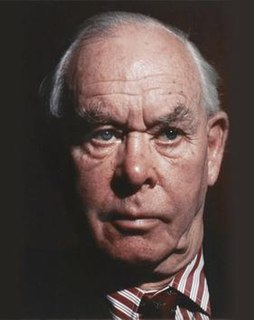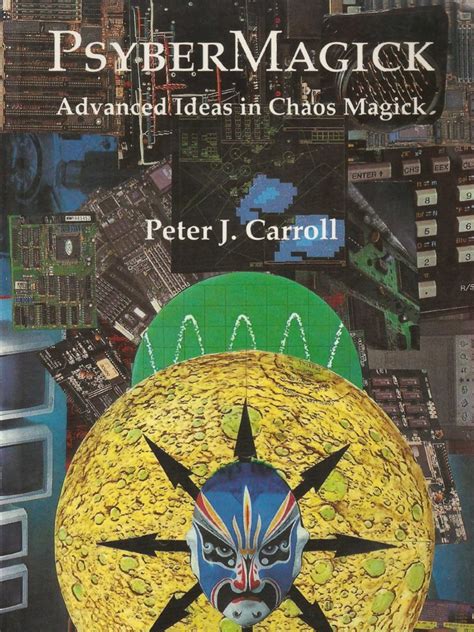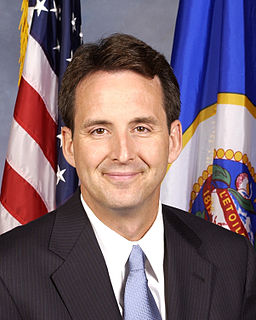A Quote by Marshall B. Rosenberg
Interpretations, criticisms, diagnoses, and judgments of others are actually alienated expressions of our unmet needs.
Quote Topics
Related Quotes
The potential of a zero-risk is in every market, because eventually I think people will switch to these products as they become available. There are two unmet needs in smokers: something that is much better for my health and something that bothers others much less or doesn't bother them. These are things cigarettes can't resolve. These new products are developed to address these needs.
The immature conscience is not its own master. It simply parrots the decisions of others. It does not make judgments of its own; it merely conforms to the judgments of others. That is not real freedom, and it makes true love impossible, for if we are to love truly and freely, we must be able to give something that is truly our own to another. If our heart does not belong to us, asks Merton, how can we give it to another?































